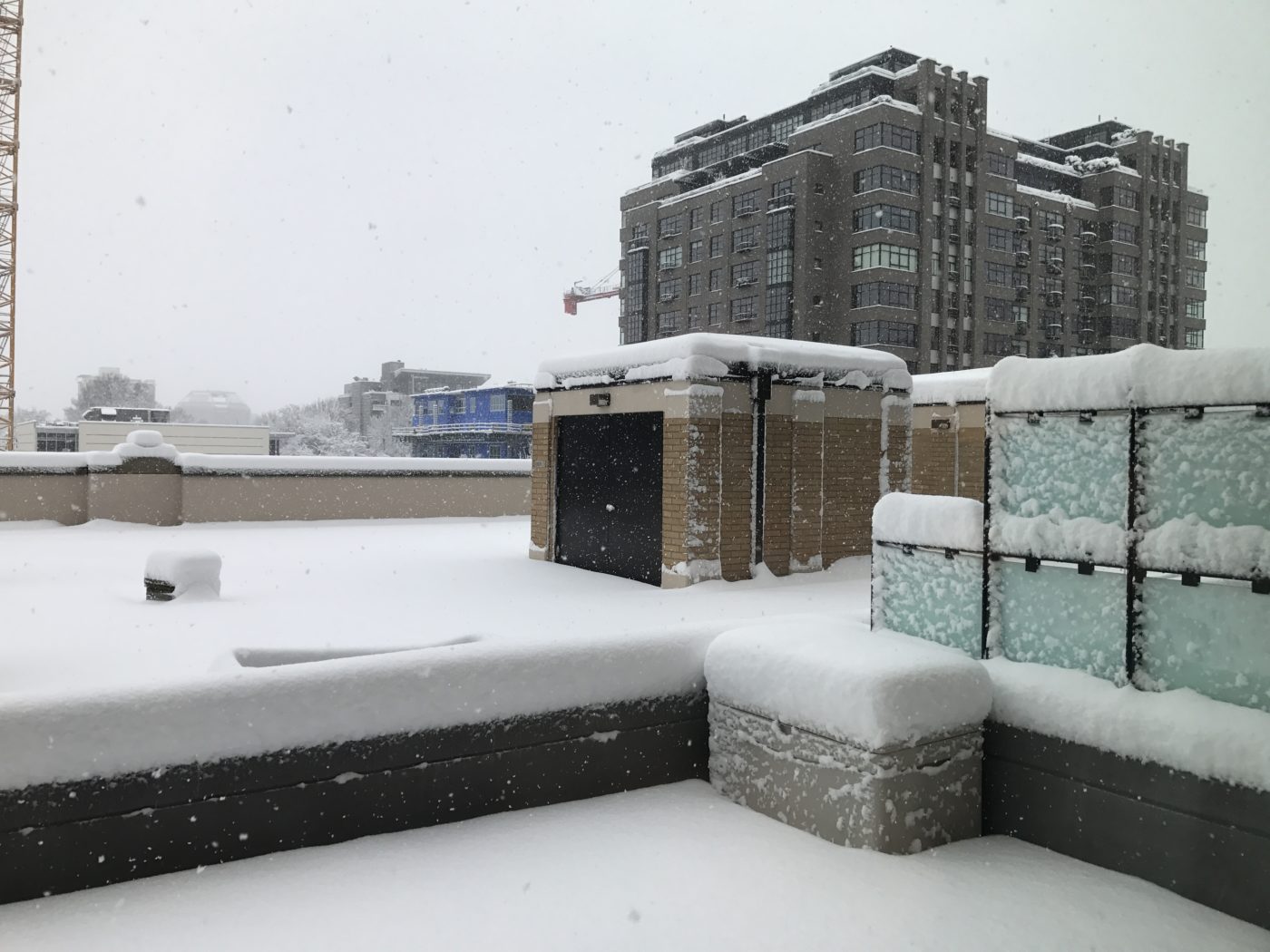The condo building I live in has a property management company. This makes sense. The building is 120+ units across 12 floors with retail and office space. What doesn’t make sense is this same company’s poor communication. They are consistently unclear and underwhelming, particularly when it comes to maintenance.
Today they were servicing the fire safety system. This also makes sense. Fire is an existential threat to a 12-floor building and maintaining that safety system is key. But during this maintenance the alarm system speaker in our unit continually blipped on and off. Imagine the sound of plugging headphones in-and-out, in-and-out. Just a little blip. But that blip emanates from a unit typically used to signal a fire alarm or emergency. So let’s call this a disconcerting blip.
You’d imagine that ahead of maintenance like this a property management company would notify homeowners, right? Wrong. You’d also imagine that after being alerted to this disconcerting blip that company would acknowledge the impact, right? Nope. And you’d imagine that, even though a vendor was performing the maintenance, the property management company would take ownership of the mishap, right? Not really.
In thinking about this snafu it solidified some ideas in my mind around support and maintenance. I think they apply to software systems and physical infrastructure alike.
Provide awareness
It’s vital that you provide awareness for customers ahead of maintenance. Either passive awareness (like a status page they can check) or active awareness (like an email notification) can be successful. What counts is that you communicate somewhere, someway to your customers.
My property management company didn’t do this. At all. There was no email, letter in our mail, or notice on a bulletin board that this was happening. So when that disconcerting blip started I was just confused. That sucks. To resolve that confusion I went downstairs and talked to the on-site building manager (who is fantastic). He cleared things up instantly. But that’s not really his job.
When you don’t provide awareness for your customers you’re rolling the dice. Maybe everything goes well. If so, that’s great. But a single success does not signal a resilient process. Because when things don’t go well your failure to provide awareness amplifies your customers’ frustration. Now they’re angry at the impact of this maintenance and they’re angry at you. Best to avoid that.
Acknowledge impact
I know the maintenance plan calls for your customers to be fine. The maintenance won’t impact them. But, well, it might. And when it does you have to acknowledge that impact. That doesn’t necessarily mean you have to apologize. Things change. They don’t go according to plan. That’s life. Your customers will understand. Your first step has to be acknowledging that your work impacted their time.
My property management company didn’t do this. After talking to the on-site manager I sent the management team a short email explaining what happened and asking for a heads up next time there’s maintenance. A reasonable request, I think. Instead of any real acknowledgement, though, I got back this:
I spoke to Name (copied) and he said the speakers should not have sounded in your unit. There may be a problem in the system. He needs more information and will contact you to get this resolved.
That’s…factual? Nowhere in that do I hear an acknowledgement of impact. No, “Thank you for letting us know. This maintenance work wasn’t intended to impact homeowners and I’m sorry it did. We’ll improve our notification process going forward.” It’s nice to at least know the impact wasn’t intended. But when writing to your customers try and be a little less…cold. Acknowledge that, despite your best intentions, your work may have adversely impacted their day.
Accept ownership
Maintenance can be tricky. Maybe you’re dealing with third-party vendors. Maybe your data center’s backup generator ran out of fuel. Maybe you just didn’t account for weird edge cases. But here’s the thing: it’s your maintenance and they are your customers. Own that.
My property management company, again, didn’t do this. After getting that coldly factual email I replied to say, essentially, “That’s nice but my point about proactive communication stands.” Had they followed the previous rule and acknowledged their impact then we wouldn’t have gotten to this step. Instead they said:
Sorry Andrew. We were assured by the testing vendors that no units would be affected and therefor did not send out a notice.
Well that’s nice. Didn’t end up meaning much, did it? Passing off the impact you have on customers to a third-party doesn’t divorce you of responsibility. When you avoid taking ownership you convey to customers that you’re not really invested in their success. You know you had an impact on their work. But you’re choosing to just sort of go, “Eh, but it wasn’t really our fault.” When you do this you offer no reassurance that this maintenance problem won’t happen again. And again.
When it comes to maintenance, communication is key. You need to keep your customers aware. You need to acknowledge when you have an unintended impact on their day. And you need to own your role in causing that. When you don’t do these things your customers are just pissed off. And worse, they’re doubting you. Because if you can’t communicate well around routine maintenance then why should they trust you to communicate well around more important matters? They shouldn’t.




